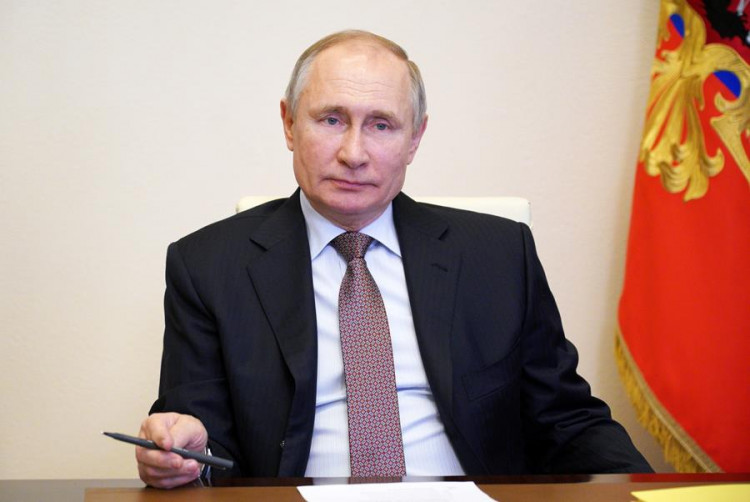The Russian foreign ministry announced on Tuesday that scores of British journalists, media representatives, and defense officials have been barred from entering the country.
The ministry described the ban on 29 journalists and commentators in an online statement on its website as a response to what it claimed was the British media's skewed portrayal of Moscow and its actions in Ukraine.
According to the ministry, "their biased assessments also contribute to fueling Russophobia in British society."
The list includes prominent journalists, news anchors, editors, and senior executives, as well as the editors-in-chief of the Times, Daily Telegraph, Independent, and Guardian newspapers.
Moscow had promised to retaliate against foreign sanctions against Russian officials and foreign media bans on Russia.
Shaun Walker, Luke Harding, Emma Graham-Harrison, and Peter Beaumont, all Guardian correspondents, have been banned, as has Katharine Viner, the Guardian's editor-in-chief.
Journalists from the BBC, the Sunday Times, the Daily Mail, the Independent, the Daily Telegraph, Sky News, and several other publications have also been barred from working in the United Kingdom. The Times, Daily Telegraph, Daily Mail, and Independent editors-in-chief were also featured.
Because of its ties to the Russian state, which had launched soldiers into Ukraine and cracked down on independent journalism, Britain's media regulator canceled RT's broadcasting license in March, stating it could not comply with the impartiality criteria in Britain's broadcasting laws.
Russia approved a law setting a maximum sentence of 15 years in prison for purposefully distributing "fake" news about the military, just a week after sending its armed forces into Ukraine.
Since it invaded Ukraine on Feb. 24, Russia has launched an unprecedented crackdown on Russian and foreign independent news outlets, as well as foreign social media networks. Soon after the war began, legislation was introduced to criminalize media outlets that disseminate "false information" about the Russian army.
As a result, several media organizations in Russia ceased operations, with the draconian law effectively threatening independent journalism with prison sentences of up to 15 years. Russia has also cut off access to several foreign news organizations' websites, including the BBC and Deutsche Welle.
Ordinary Russians have little access to independent reporting on their country because nearly all major media outlets that disagree with government policy have been closed down in recent years.
Moscow also barred entry to 20 people it claimed were connected to the British defense establishment and thus responsible for supplying Western arms to Ukraine.
Admiral Benjamin Key, Chief of the Naval Staff, and senior executives from the defense and aerospace firms BAE Systems and Thales U.K. were among them.





